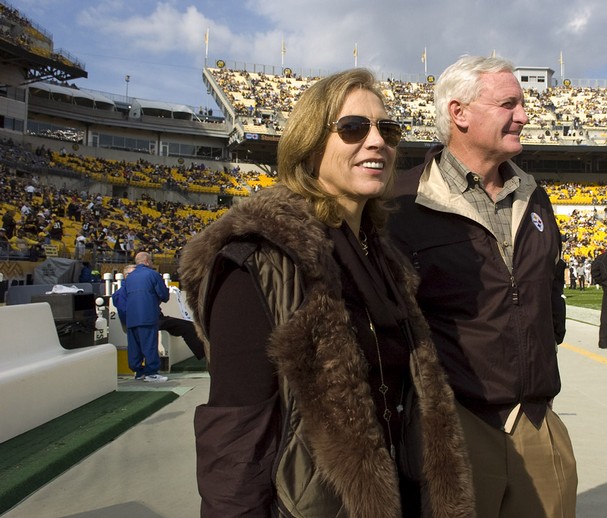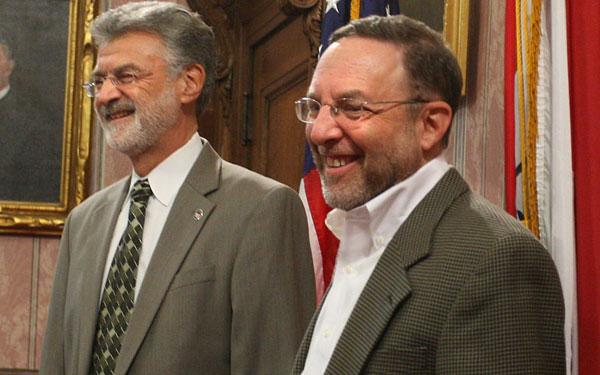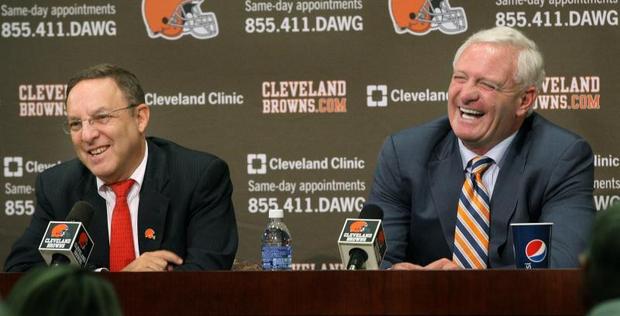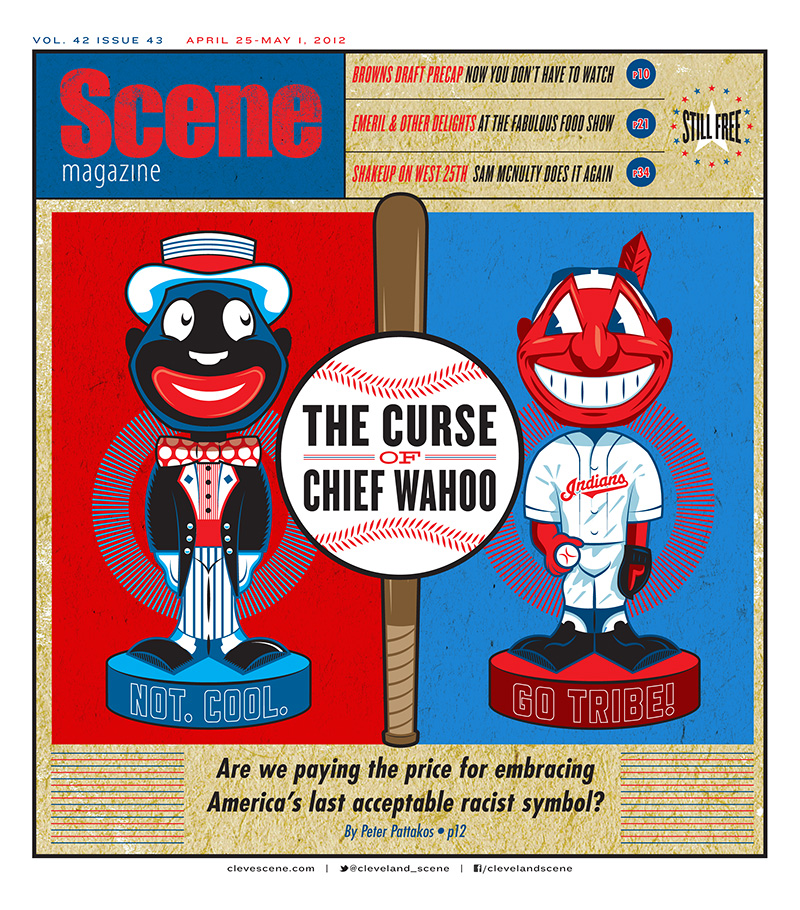On Tuesday the Browns and the City of Cleveland announced a tentative deal by which Cleveland taxpayers will be on the hook for $30 million over the next fifteen years to go toward the recently announced $120 million upgrade to the Browns’ newly renamed FirstEnergy Stadium. This is on top of another $12 million that will come from an existing sin tax fund for other capital improvements to the Stadium in 2016, and comes less than a year off the heels of the franchise’s private sale of the Stadium’s naming rights by which it pocketed $100 million.
And still, as ever, nobody has been able to explain why it’s necessary for Cleveland’s taxpayers to foot such a bill or any bill for Jimmy Haslam’s billion dollar private business.
Instead, Mayor Frank Jackson calls it, “$2 million a year that is not needed to provide the level of service that we are providing today.” Nevermind the idea that the government of a city with a 50% child poverty rate might be able to provide a higher “level of service” than it already is. The implication here is that it can’t, and that things would only get worse if these public funds weren’t committed to the Browns.
This is the sort of deal that naturally gets announced right after a mayoral election and naturally some folks are skeptical, including members of Cleveland City Council, which will vote on the deal on Monday. Kevin Kleps of Crain’s Cleveland Business reports that:
[A]t least one [councilperson] is already opposing it.
“I think it’s a problem; I’m not supporting it,” said Councilman Jeff Johnson after the press conference. “It’s unrealistic for the mayor to say you can take $2 million from the general fund every year for 15 years and not have an impact” on the level of city services.
Councilman Brian Cummins also questions the decision to financially support the Browns while the city has not restored significant cuts in spending on neighborhood parks and recreation.
“The Browns and the NFL talk about enhancing the fan experience,” he said. “I’m concerned about funding the neighborhood experience.”
To rebut such concerns, the Browns and city officials have explained that the city’s lease with the Browns requires it to fund such improvements, and that the deal actually represents a break for the city on those obligations. According to the Plain Dealer’s Mark Naymik, Brown President Joe Banner characterized the deal as “a modest investment by the city based on its lease obligations.”
“The deal announced Tuesday avoids a drawn out and potentially costly legal battle over the stadium lease, which spells out repairs and improvements that must be made by the city and the team,” Naymik explains. “But the lease language leaves room for debate over some improvements. Banner said the city would owe the team millions more if it were held to the lease and deal shows the team’s good will. The city believes the deal is fair and reflects its lease obligations.”
And that’s it. The Browns get to say it’s a good deal, the city gets to say it’s a good deal, and nobody else ever gets to begin to understand why.
Nobody makes the City or the Browns even begin to explain what would happen if Cleveland just told the franchise that it had bigger problems to worry about than financing Jimmy Haslam’s billion dollar business, no matter what it says in the lease. Nobody asks if or how Haslam, legitimately one of the richest and most powerful people in the country, would possibly get away with actually suing Cleveland (and by extension, its taxpayers) if the city didn’t hold to the terms of the lease (which itself was negotiated to terms that were extremely favorable to the Browns, with Fred Nance leading the negotiations on behalf of the city (the same Fred Nance who shortly went on to become the Browns’ top lawyer and a short-list candidate to be NFL commissioner (imagine that))). Nobody considers what a public relations nightmare it would be for Haslam, the Browns, and the NFL if the franchise tried to collect on a judgment against the city, or otherwise even begin to threaten that it would move again if it wasn’t able to squeeze the taxpayers for this and whatever other cash.
And perhaps most incredibly, Haslam, Banner and the Browns get to avoid all of these questions without ever having to publish their financial statements, or giving the public the first clue about what kind of private profit the Browns and the NFL take in thanks in part to these subsidies.
Instead, Joe Banner just gets to answer a question about “how he would characterize Jackson as a negotiator” by saying that: “he kicked our ass.”
So look forward to City Council’s rubber stamp on Monday, despite the noble efforts of Jeff Johnson, Brian Cummins and friends. And look forward to more of the same soon because, according to Naymik, “Banner and Jackson said they would support a campaign to extend the sin tax, which expires in 2015 and is solely dedicated to [funneling money from taxpayers to the] FirstEnergy Stadium’s capital fund.” Naymik reports that “[Mayor] Jackson said a new sin tax would help reduce the city’s liability.”
Which means that you don’t have to worry about “the city’s” “liability” to finance the NFL’s business, because that’ll be taken care of by “the people” who’ll be forced by “the city” to pay the new tax. Socialize the costs, privatize the profits. This is how Ass-Kicking Mayor Math works.
Alright, everybody, it’s Steelers week. Time to get pumped.

UPDATE: According to the following from Councilman Cummins, who posted on the issue at the Civic Commons, the $30 million is in addition to what the city would already owe under the lease:
The confusion in some media reports and on-line blogs and comments sections is that the $2 million annual payments for 15-years ($30 million), would off-set future payments of capital repairs as detailed in the remaining payments listed above in what is called the Lease Agreement’s Schedule 14(f). This is not correct. The proposed contribution from the City of $30 million is in addition to the current $39,450,000 Capital Repairs that we are obligated to pay. This will bring our total obligations to $82,500,000. And, people seem to forget or not mention in these reports that the City still owes some $134 million in principal and interest on t he initial $202 million in municipal bonds that were issued to pay for the $330 million stadium.





